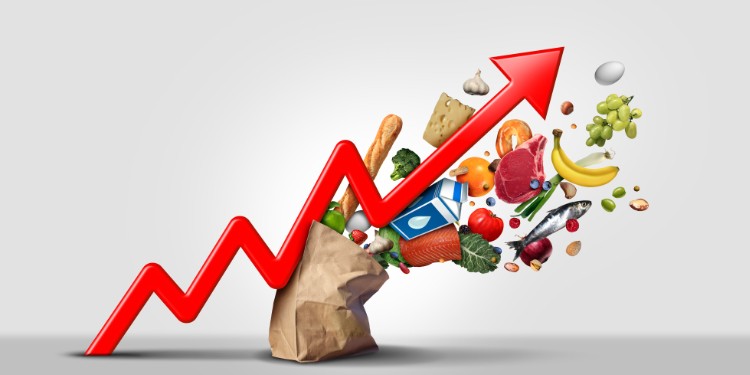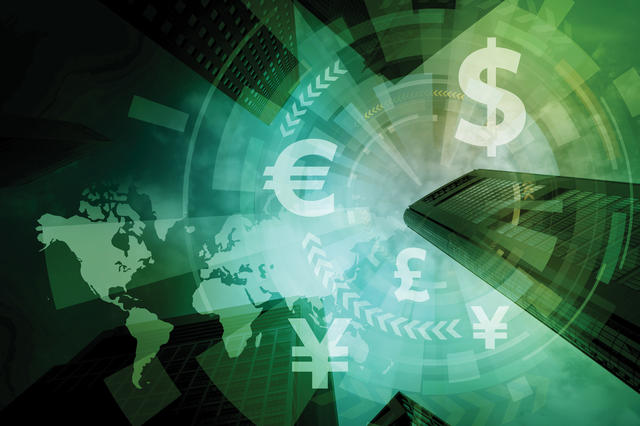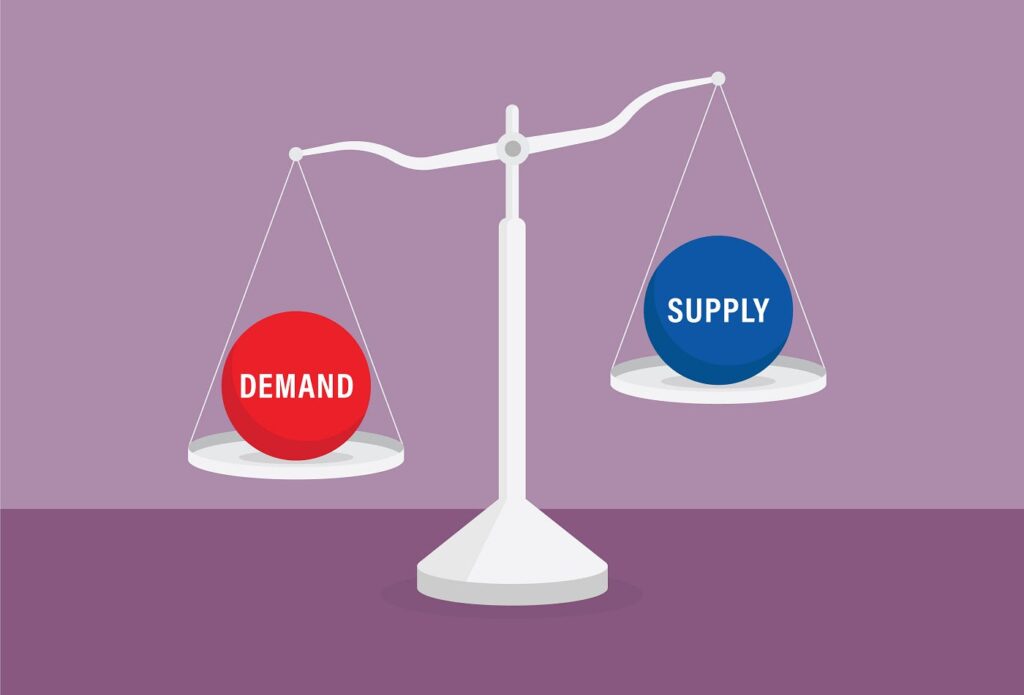Inflation—a word frequently dominating news headlines and economic discussions—is not merely an abstract financial concept. It’s a powerful force that subtly yet profoundly reshapes the economic realities of everyday life for individuals and families globally. Simply put, inflation is the general increase in the prices of goods and services in an economy over a period of time, leading to a decline in the purchasing power of currency. If you have to spend more money today to fill your gas tank, buy groceries, or pay for rent than you did last year, you are experiencing the direct impact of inflation.
This article delves into the specific, tangible ways inflation affects your household budget, savings, debt, and future planning, offering a comprehensive look at how to navigate these challenging economic waters.
🛍️ The Erosion of Purchasing Power: Hitting the Household Budget
The most immediate and noticeable impact of inflation is its effect on your purchasing power. Imagine your monthly salary stays the same, but the prices of almost everything you buy increase by 5%. Suddenly, the same amount of money affords you 5% less in goods and services. This erosion is most acutely felt in three critical areas of the household budget:
1. The Supermarket Sticker Shock 🍎
The cost of food, a non-negotiable expense, often rises quickly during inflationary periods. Supply chain disruptions, increased fuel costs for transport, and higher input costs for farmers (like fertilizer and labor) all trickle down to the grocery store.
- Groceries: Consumers find themselves making trade-offs—choosing cheaper alternatives, buying fewer non-essential items, or cutting back on luxury food items. This shift is clearly reflected in the Consumer Price Index (CPI), which tracks the average change in prices paid by urban consumers for a market basket of consumer goods and services, with food being a major component.
- Dining Out: Restaurants face higher costs for ingredients, labor, and utilities, which they pass on to customers, making dining out an increasingly expensive treat or necessity.
2. The High Cost of Housing and Energy ⛽
Housing and energy are typically the largest fixed costs for most households, and they are highly sensitive to inflation.
- Rent and Mortgage: Rental costs can spiral upward as the cost of property ownership and maintenance increases. For homeowners with variable-rate mortgages, rising interest rates—often used by central banks to combat inflation—directly lead to higher monthly payments.
- Utilities and Fuel: Inflationary pressures often push up the prices of natural gas, electricity, and gasoline. Higher fuel costs directly impact commuting expenses, and higher utility bills strain monthly budgets, especially in extreme weather conditions.
3. Healthcare and Education Expenses 🩺
Even essential services see price increases. Hospitals and universities must pay more for supplies, staff salaries, and technology, leading to higher bills for patients and students. The rising cost of education can make it significantly harder for families to save for their children’s future, while increasing healthcare expenses can lead to difficult decisions about necessary medical treatment.
💰 Impact on Savings and Investments
While inflation makes spending more expensive, it also quietly devalues the money you have saved.
The Hidden Tax on Cash 🏦
Holding large amounts of cash in a low-interest savings account is a losing proposition during high inflation. If your bank account is earning 1% interest, but the inflation rate is 5%, your “real” rate of return is $-4\%$. Your money is losing value over time, even while the nominal number in your account remains stable or slightly increases. Inflation acts as a “hidden tax” on cash savings.
Investment Strategies and Inflation Hedging
Inflation prompts a shift in investment strategy. Investors seek “inflation hedges”—assets expected to maintain or increase their value during inflationary periods.
- Real Assets: Traditionally, real estate and commodities (like gold or oil) have been considered good hedges, as their value is tied to physical, tangible resources whose prices tend to rise with inflation.
- Equities: Stocks (equities) in companies that can easily pass on higher costs to consumers (strong pricing power) often perform well. However, companies highly dependent on consumer spending that shrinks due to inflation may suffer.
- Bonds: Bonds, especially long-term ones, are generally hurt by inflation. Their fixed interest payments are worth less when future dollars have lower purchasing power, and their market value tends to drop when central banks raise rates.
📈 Debt and Interest Rates: A Double-Edged Sword
Inflation has complex and sometimes contradictory effects on debt.
Debtor’s Advantage (Nominally)
For people with existing fixed-rate debt (like a long-term mortgage or auto loan), inflation can be nominally beneficial. The value of their future debt payments is reduced because they are paying back the loan with dollars that are worth less (have less purchasing power) than the dollars originally borrowed.
The High Cost of New Borrowing
The primary tool used by central banks (like the U.S. Federal Reserve) to combat inflation is raising the federal funds rate. This, in turn, causes commercial banks to raise the interest rates on nearly all forms of credit.
- Credit Cards and Loans: The cost of taking out a new car loan, business loan, or even carrying a balance on a credit card (which is often variable-rate) becomes significantly more expensive. This discourages borrowing and makes the necessary purchase of a major item, like a home, much less affordable for first-time buyers.
- Mortgage Rates: Higher rates reduce housing affordability, even if housing prices cool slightly, by increasing the total cost of the loan over its lifetime.
🛡️ Strategies for Navigating Inflation
Understanding inflation’s impact is the first step toward effective mitigation. While individual power is limited against macro-economic forces, specific personal finance strategies can help buffer the effects:
- Review and Trim Your Budget: Conduct a thorough review of monthly expenses. Identify and cut unnecessary or non-essential spending. Focus on reducing variable costs like subscriptions, dining out, and entertainment.
- Negotiate Your Salary: Since the cost of living is rising, your income needs to rise to maintain your lifestyle. Use inflation data as leverage when discussing annual raises or seeking new employment.
- Prioritize Debt Repayment: Focus on paying off high-interest, variable-rate debt (like credit cards) first. This minimizes exposure to rising interest rates.
- Invest Wisely: Rebalance your investment portfolio to include inflation-resistant assets. Consider Treasury Inflation-Protected Securities (TIPS) which are government bonds that adjust their principal value based on changes in the CPI.
- Build an Emergency Fund: Keep a robust emergency fund (6-12 months of expenses) in an accessible high-yield savings account or money market fund to provide liquidity in case of sudden income loss or unexpected expenses.
🔮 The Psychological Toll and Future Planning
Beyond the numbers, inflation takes a psychological toll. The constant pressure of rising prices can cause financial stress and uncertainty, particularly for those on fixed incomes or near retirement. The reduced visibility into future costs makes long-term planning, such as saving for a comfortable retirement or funding a child’s college education, significantly more challenging.
In conclusion, inflation is an inescapable reality of modern economic life. It is more than just rising prices; it is a fundamental shift in how we value and spend our money. By understanding its pervasive effects on purchasing power, savings, and debt, and by adopting proactive financial strategies, individuals can better weather the storm and protect their long-term financial well-being.




